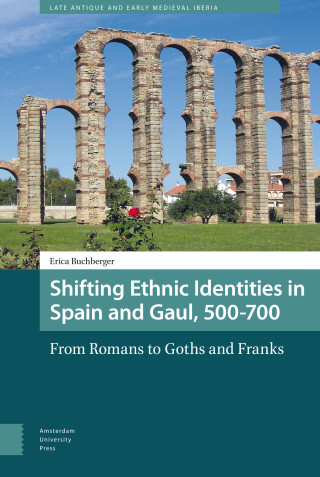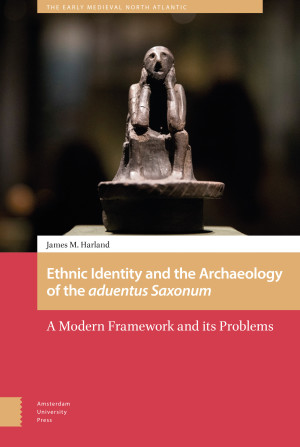"This monograph is a timely discussion of the reasons why heavy reliance on ethnic interpretations of grave artefacts (which has closed out substantial discussion of other interpretative possibilities) remains problematic. In critiquing the tenacious reluctance of some scholars to abandon this longstanding paradigm, James Harland's analysis is both nuanced and balanced. The book’s prose is lucid and accessible, the argument is thoughtful and well supported with historical and archaeological evidence, and this monograph makes a most welcome addition to the field."
- Professor Bonnie Effros, University of Liverpool
''It is based on wide reading of the literature relating to what is still mostly described as the Anglo-Saxon migration to Britain, of which the author presents an uncompromisingly critical analysis.''
- Catherine Hills, Newnham College, University of Cambridge, Early Medieval Europe 2023 31 (2)
"His [Harland's] methodology, approach, and conclusions should be a game-changer. The book is beautifully written and clearly argued, respectful of existing work yet clear in its irrefutable critical analysis. Convincing and important, it deserves to become a classic, stimulating further research for years to come."
- Susan Oosthuizen, University of Cambridge, Speculum, 98/4 (October 2023)
"This book pursues an unswerving argument, highly attentive to the epistemological detail... the principal critique is both compelling and invigorating"
-- Toby Martin, Medieval Archaeology, June 2023
“[Harland’s] sustained analysis of the intellectual frameworks standing behind the interpretation of the period’s funerary archaeology, and his discussions of the ways in which contemporary thinkers outside of archaeology can help us develop new questions, make this an invaluable work. Archaeologists, historians and graduate student should read it.”
-- Robin Fleming, Studies in Late Antiquity, Spring 2024

